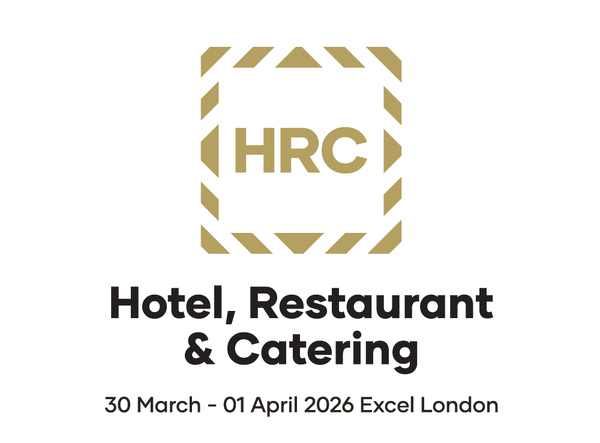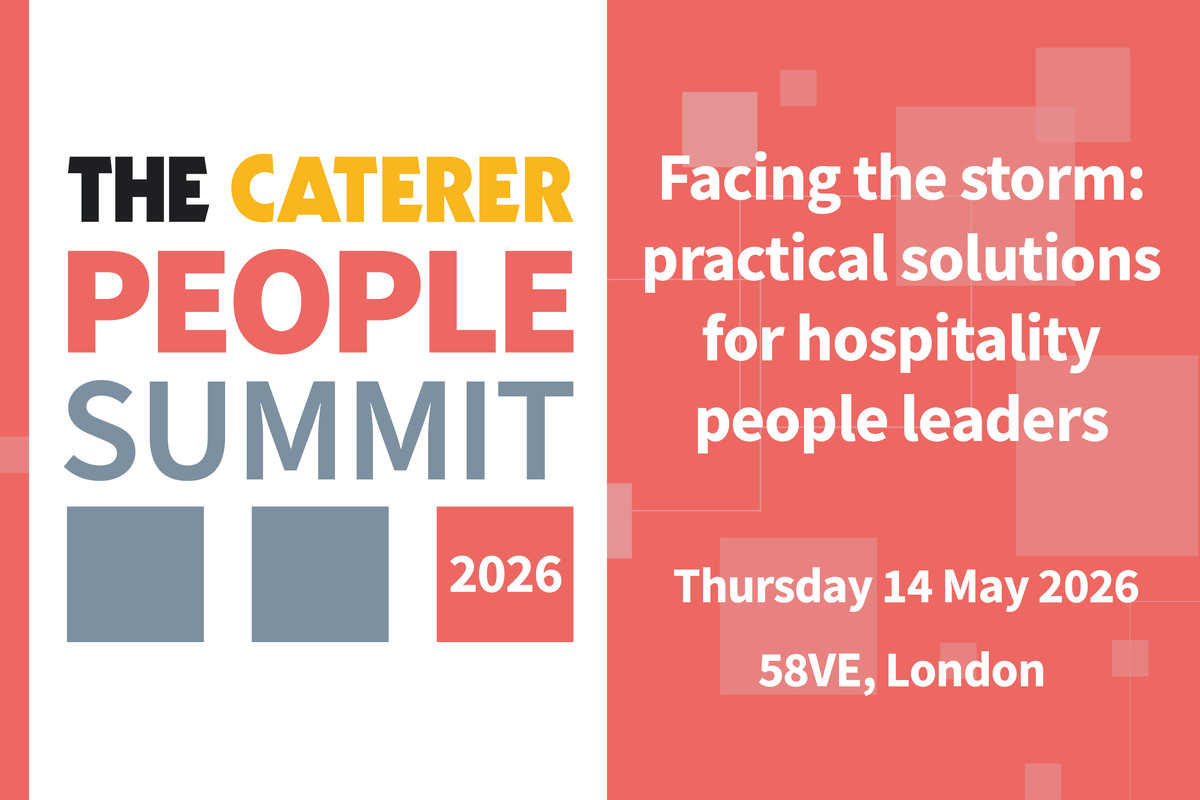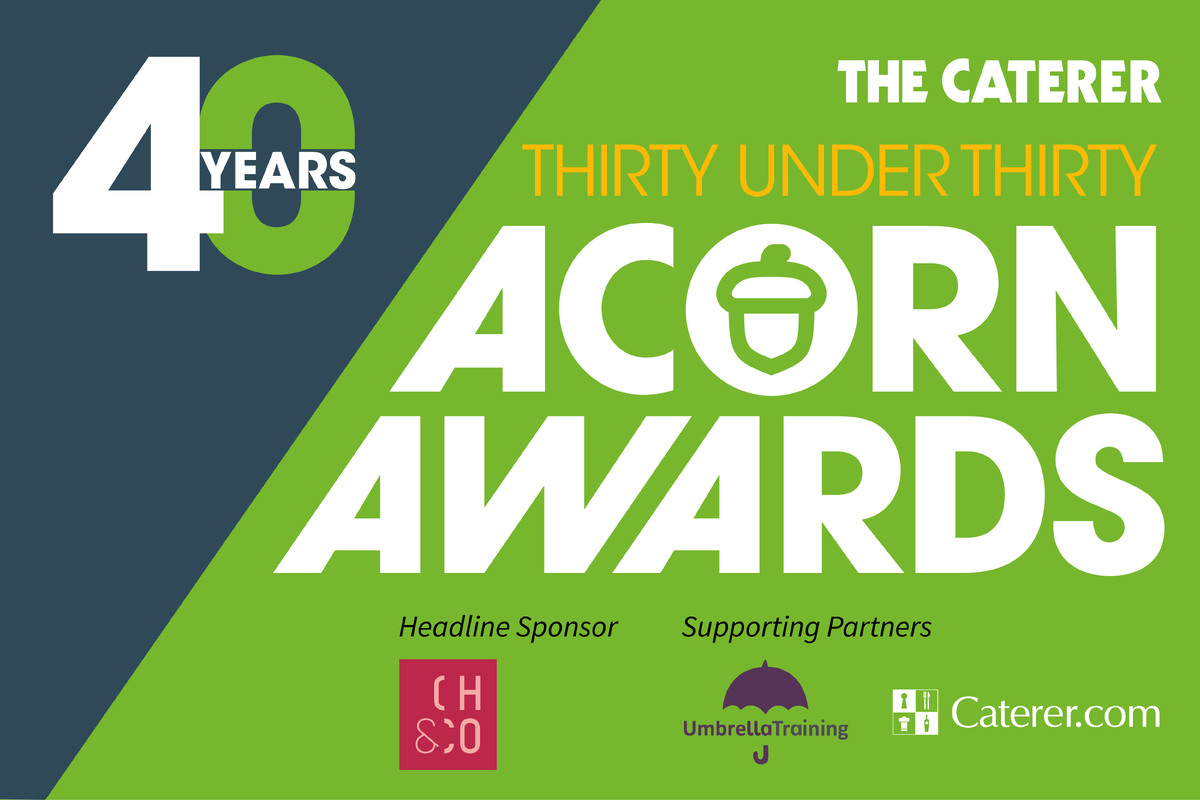Think of 'at risk' 15- to 25-year-olds when developing allergen strategies, operators told
Teenagers and young adults are the group most likely to suffer a fatal allergic reaction, something hospitality businesses have been told to keep in mind when formulating policy.
Consultant paediatric allergist Dr Robert Boyle told The Caterer’s Allergens Summit yesterday that 15- to 25-year-olds saw more fatal reactions than any other age group.
The doctor told those gathered at London’s Soho hotel that despite an increase in awareness around allergens, the past 25 years have not seen a significant reduction in fatalities.
Factors contributing to the prominence among the 15-25 age group are thought to be an increased independence in eating out as well as a possible reluctance to speak out about their allergies in social situations.
Boyle asked hospitality operators to put themselves in the shoes of allergen sufferers and consider how they can clearly signpost allergens and initiate conversations that will encourage the sharing of information.
A day earlier, at the Food Standards Agency’s (FSA) Allergy Symposium, chair Heather Hancock urged caterers to understand and anticipate the behaviours of teenagers and young adults, as well as the risks they will sometimes take.
Sharing her advice for hospitality operators with The Caterer, Hancock said: “Don’t criticise them and make it as easy as possible for them. Make it part of a normal conversation and put the information out there.
“We should particularly think about what kind of establishments 16- to 17-year-olds go to, whether that's local takeaways or whatever, and ask, are there particular risks and are there any measures we can take to help them do it better?
“There are challenges around staff turnover, around the kinds of food being sold and around language barriers, and we need to think about those. We are going to be biased in our attention towards this community because of the risks they face.”
The FSA chair said she thought it would be beneficial if a universal signposting system could be adopted across the industry. She added: “We know from experience that different words and symbols are not always as recognisable. It’s a really simple measure – the industry itself could orchestrate it and we’d be really happy to support it.”
Hancock said it would be a “disappointing and retrograde step” for businesses to consider opting out of providing allergen-free dishes. “We’ve made some real advancements in this country and to turn your back on two million people and all those whose food choices they influence would seem to be an interesting business decision. Why would to turn your back on the opportunity to enhance people’s dining experiences?”
Tickets are still available for The Caterer's spring Allergens Summit on 12 May.
Photo: Shutterstock
























